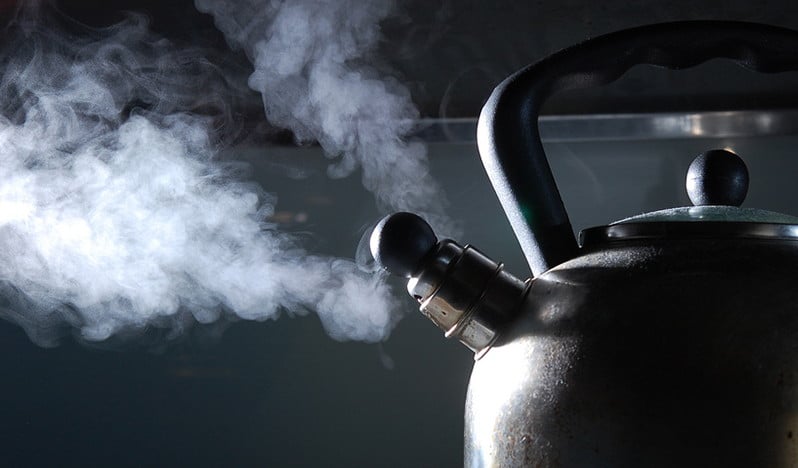by Renee Iseli
About 30 years ago, a couple of years after my hearing loss began, I started to notice a high-pitched noise in my head. I heard it when my environment was absolutely quiet, but it was masked when I was surrounded by the daily noises of life. Since I didn’t know what it was or where it came from, I decided to ignore it and to go about my business as usual.
But as my hearing loss grew worse over the years, the noises in my head grew louder. Still I ignored them, because I didn’t know any better and thought it was “normal“.
About 15 years ago, when I started work as a job counselor for people with hearing loss, I read something that rang another bell in my head, this one of understanding. The noises had a connection with my hearing loss. It had a name – Tinnitus, often referred to as T by those who have it – and it wasn’t “normal“.
In 2007, when I reached the status of “severely“ hearing impaired, my Tinnitus had grown in intensity, and loud noises started to hurt my ears (hyperacusis). Today, I compare my Tinnitus with an old-fashioned teakettle, whistling and boiling on the gas. The “teakettle“ in my head not only produces a high-pitched noise, but includes various other noises as the “steam” gets louder.
For these last couple of years, the orchestra is accompanied by a lower noise, like the centrifuge of a washing machine. This orchestra is now also audible above the daily noises which, however, still help to keep the T in check. But loud noises make me jump or the opposite. For example, if my husband suddenly laughs out loud, I cover my ears with a loud ouch!
Luckily, I‘m one of the few people who don‘t suffer from their Tinnitus. But I know that many, many people living with it are really going through hell and sleepless nights. Grievously, some have even been driven to suicide.
Tinnitus has many suspected causes and there is a large body of research being conducted worldwide. But at this point, there is no cure, and while certain methods can provide relief, we are not yet at the point of healing. In the meantime, Tinnitus is invisible and nobody but you can hear it. Too often, doctors just say “learn to live with it“. Yep, I heard that one too, and I only mention it for information because there are many things that people can do, with many resources available, to help minimize the stress and impact of their Tinnitus.
For me, the recipe for my permanently boiling teakettle is … to ignore it. It is there and certainly disturbs my hearing of speech, but I don‘t let it bother me. This is not something you can learn overnight. I’ve had 30 years of practice and, to be honest, my coping skills developed almost unconsciously.
But only when I give it conscious attention does my Tinnitus becomes very loud indeed, as I grow more aware of it. So, I try not to give it any attention, which doesn’t make it go away but makes it bearable – for me.
Of course, the ways in which Tinnitus affects people are as diverse as the many types of tea in the kettle. What works for some, may not work for others. But personally I am convinced, that the more attention you give your Tinnitus, the more it manifests and the more you suffer from it. Therefore I hope the recipe for my tea might work for others too.
If you have doubts, it doesn’t hurt to at least try this recipe.
 Renee Iseli-Smits has a severe hearing loss, is married and lives in Switzerland. She writes her own Blog “Hard of hearing, so what?” which is also written in German and Dutch..
Renee Iseli-Smits has a severe hearing loss, is married and lives in Switzerland. She writes her own Blog “Hard of hearing, so what?” which is also written in German and Dutch..






